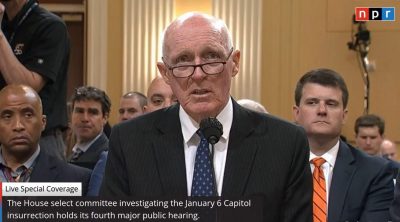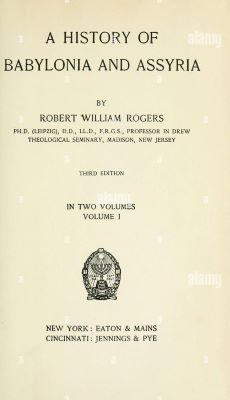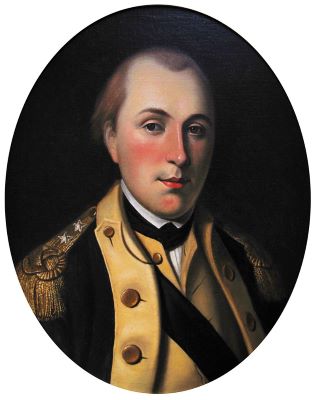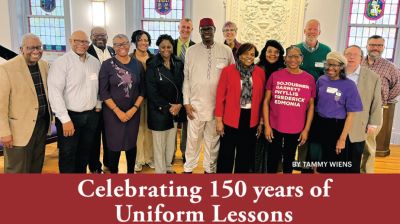
The actions of the House Select Committee have ripple effects beyond the simple “who done it?” investigations. Before turning to its meaning for the American Revolution 250th, I must digress to an image from the sixth and most recent session. When you heard the story of the President of the United States grabbing for first the steering wheel of the car and then the clavicle of the Secret Agent sworn to protect him, what images crossed your mind?
The first image that came to my mind was not of the immature child-president who throws ketchup on the wall but the heroic President Harrison Ford in Air Force One. He memorably says “Get off of my plane” as he dispatches the Russian foe who had been aided by a traitor Secret Service agent. The other image was of Clint Eastwood wrestling with a renegade Secret Service agent who placed loyalty to the President over loyalty to the Constitution in Absolute Power. I know The Godfather was mentioned numerous times by commentators. When I wrote my first political thriller blog back on January 3, 2021, I had no idea what was to happen.
JIMMY STEWART
Another movie image which has been mentioned was the comparison to Jimmy Stewart in Day 4 of the hearings. The actual person testifying was Rusty Bowers, Republic Speaker of the House of Representatives in Arizona. He came across as a tall dignified taciturn person who delivered the plain-spoken truth. His delivery was to the point of the questions posed to him. He spared no one and nothing in his answers.
Bowers did prove the value of bringing a gun to a gun fight rather than a plastic spoon as the Democrats do. One of his exchanges involved Rudy Giuliani, one the people sure to be indicted by the Department of Justice for his role in the insurrection. Giuliani professed to have information about voter fraud in Arizona. Bowers calmly replied words to the effect of “Show me the evidence.” Bowers called for Giuliani to present the names of the alleged fraudulent voters. Needless to say, Giuliani never provided such evidence because there is no such evidence.
This exchange illustrates the exact technique Democrats should deploy against every claim of a stolen election. Democrats should be challenging every individual Trumpican to “show me the names” every time any of them say the election was stolen. Then they should repeat the charge the next day. Everyone who claims the election was stolen and who is an elected official or running for office should be challenged every day to “show me names” until they shut up or decide to name names as Trump did twice in Georgia.
Bowers elicited two unexpected responses in his exchange with Giuliani. The first is the destined to be repeated in legal and political circles for years to come:
We’ve got lots of theories, we just don’t have the evidence.
The second is one that has been overlooked as far as I can tell. The President then urged his lawyer to comply with the request of Bowers. Why did he do that? Did he think that Giuliani really had such evidence and that it would be routine to provide it? In other words, had he fallen for his own con and convinced himself that such evidence really existed? Was he completely susceptible to every claim Giuliani made whereas he repeatedly rejected the words of Barr and everyone else who told him truth? I think a case can be made that by that time he had drunk his own Kool Aid and had become a permanent resident of Coo Coo Land.
One other comment of Bowers stands out for non-legal reasons. Bowers believes the Constitution is “divinely inspired.”
I do not want to be a winner by cheating. I will not play with laws I swore allegiance to.
For Bowers to be asked to violate his oath to this sacred document was “foreign to my very being.” Even though Donald Trump asked him to violate his oath to the Constitution, Bowers still said he would vote for Trump in 2024 (although he apparently hopes he has an alternative in a robust primary).
Back home, local papers reported on the reaction to the testimony by the Republican Speaker of the House.
Thank Rusty Bowers, but remember these Arizona politicians who tried to thwart democracy
Laurie Roberts Arizona Republic June 21 2022
On one hand, Bowers has been the recipient of cheers in the airport for standing up to Trump. In Arizona the politicians who were complicit in the fake electors scheme and who support Trump’s effort to steal the election denounce him as a RINO. As we just saw in elections last night in Colorado and Mississippi, in some districts at least there still are enough Republicans to outvote Trumpicans in primaries. We will have to wait and see if Arizona is an insurrection state that will rig the vote in 2024.
AMERICAN REVOLUTION 250th CELEBRATION/COMMEMORATION
In a blog on the American Revolution 250th (American Revolution 250th Update June 24, 2022), I wrote about “Foundations of Independence Protest and Communication in Revolutionary America, 1770-2020” conference by Iona College and the Institute for Thomas Paine Studies. I reported that one concept gaining traction is to view the 250th as a time of commemoration and not celebration. There is a need to include the negative aspects of the American Revolution that have been marginalized. What is not clear is why living in a society that can face negative aspects in its history and revise a national narrative is not cause for celebration as presenter Zara Anishanslin, University of Delaware, had suggested. Exactly how many countries do this anyway – expand this national narrative to be more inclusive? The story of the American Revolution should be contextualized. It would be disappointing if the 250th ended up only being a series of parades according to one speaker.
One hopes that part of the contextualization will include comparing the United States at its birth with the rest of the world. How many large multi-racial, multi-ethnic, multi-religious countries with no slavery and where all adults could vote and live freely based on their sexual orientation were there in 1776 or 1787 or today? How much did the Declaration of Independence contribute to the very words and ideals later expressed in subsequent social and political movements?
At this point I am drawn to the comments of Bowers. He referred to the Constitution as “divinely inspired.”
Did any of the presenters as this conference share that perception?
Do academics have any sympathy, empathy, or sensitivity for Americans who share such views?
Are academics more likely to refer to the shortcomings in the American Revolution? That America was born in sin? That America needs to redeem itself?
As best I recall, in all the conferences I have attended online or in-person or lectures I have heard both by individuals and history organizations including national ones, there is no one who is reaching out to people who think the Constitution is divinely inspired. My prediction is that the 250th will be weaponized into another culture war conflict between the Woke who disparage America and the Trumpicans who abuse it with the people on Team Normal being ignored.






